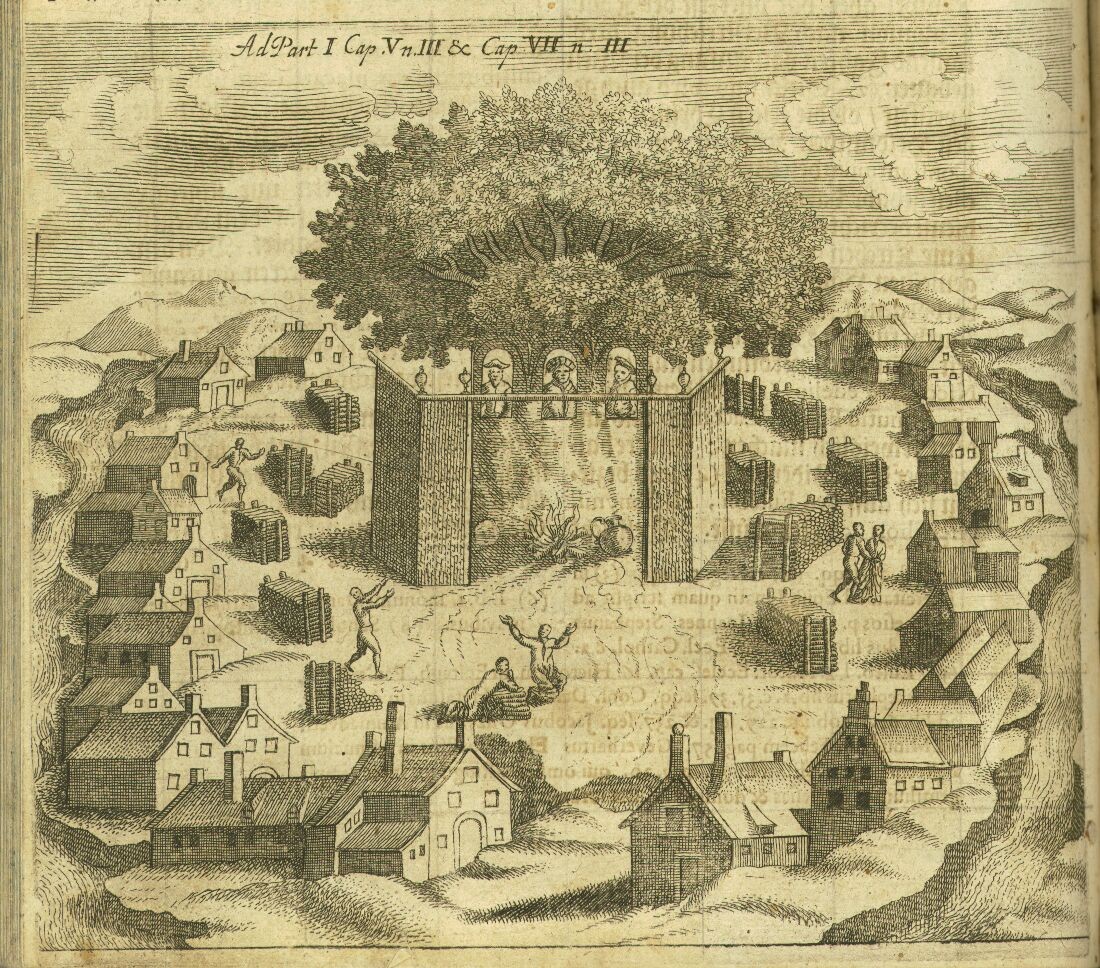|
Baltic Mythology
Baltic mythology is the body of mythology of the Baltic people stemming from Baltic paganism and continuing after Christianization and into Baltic folklore. Baltic mythology ultimately stems from Proto-Indo-European mythology. The Baltic region was one of the last regions of Europe to be Christianized, a process that began in the 15th century and continued for at least a century afterward. While no native texts survive detailing the mythology of the Baltic peoples during the pagan period, knowledge of such beliefs may be gained from Russian and German chronicles, from later folklore, from etymology and from the reconstructions of comparative mythology.Puhvel (1989:222-229). While the early chronicles (14th and 15th century) were largely the product of missionaries who sought to eradicate the native paganism of the Baltic peoples, rich material survives into Baltic folklore. This material has been of particular value in Indo-European studies as, like the Baltic languages, it ... [...More Info...] [...Related Items...] OR: [Wikipedia] [Google] [Baidu] |
Mythology
Myth is a folklore genre consisting of Narrative, narratives that play a fundamental role in a society, such as foundational tales or Origin myth, origin myths. Since "myth" is widely used to imply that a story is not Objectivity (philosophy), objectively true, the identification of a narrative as a myth can be highly controversial. Many adherents of religions view their own religions' stories as truth and so object to their characterization as myth, the way they see the stories of other religions. As such, some scholars label all religious narratives "myths" for practical reasons, such as to avoid depreciating any one tradition because cultures interpret each other differently relative to one another. Other scholars avoid using the term "myth" altogether and instead use different terms like "sacred history", "holy story", or simply "history" to avoid placing pejorative overtones on any sacred narrative. Myths are often endorsed by secular and religious authorities and are close ... [...More Info...] [...Related Items...] OR: [Wikipedia] [Google] [Baidu] |
Prussian Mythology
The Prussian mythology was a polytheistic religion of the Old Prussians, indigenous peoples of Prussia before the Prussian Crusade waged by the Teutonic Knights. It was closely related to other Baltic faiths, the Lithuanian and Latvian mythologies. Its myths and legends did not survive as Prussians became Germanized and their culture extinct in the early 18th century. Fragmentary information on gods and rituals can be found in various medieval chronicles, but most of them are unreliable. No sources document pagan religion before the forced Christianization in the 13th century. Most of what is known about Prussian religion is obtained from dubious 16th-century sources ('' Sudovian Book'' and Simon Grunau). Historical background and sources The Teutonic Order, a crusading military order, began the Prussian Crusade in the 1220s. Their goal was to conquer and convert pagan Prussians to Christianity. The Knights built log and stone fortresses, which proved to be impregnable ... [...More Info...] [...Related Items...] OR: [Wikipedia] [Google] [Baidu] |

